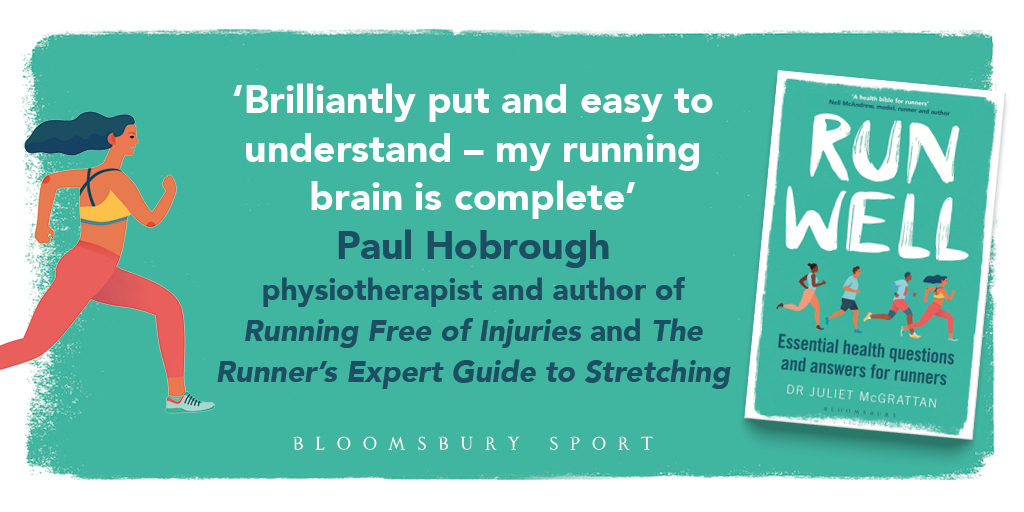The stats on injury really vary and range from 30 to 80 percent of runners being injured in any one year. That’s a whole lot of runners! Injury isn’t necessarily inevitable when you’re a runner but it’s clearly common. How do you cope with injury? How do you stay fit when you’re injured? How can you stop your mood plummeting without your running fix? What can you do to keep positive and not let all your hard work go down the drain?
Being an injured runner is rubbish! It’s frustrating and miserable but there are some things you could be doing to make the best of it. Here are my 6 Ps for coping with injury:
- Positivity
Seek out ways to lift your spirits now you’ve lost the mood boosting effect of running. A sudden withdrawal of your coping mechanism is never good so you need to take action. Spend time with friends who make you laugh, try new things you don’t usually have time for, read or listen to inspirational speakers. If it’s the headspace of running that you crave then replace it with learning how to meditate or simply spending time in nature.
2. Perspective
Try to maintain a good outlook. It’s hard but you will get over this, there will be other races. It might feel like an eternity but in years to come, this injury time will shrink in your mind. Speak to others who have been injured and ask them how they dealt with it and what they would do differently next time. Injuries happen, it’s not always a sign of weakness.
3. Perseverance
Just because you can’t run doesn’t mean you can’t exercise. You can maintain your fitness with just one high intensity workout a week. If your injury allows, cross train on a bike, rowing machine or by swimming. Being injured is the perfect time to work on your strength – build some muscle and strengthen your core. These thing will help you with your running when you do return.
4. Ponder
Spend some time thinking about why you were injured in the first place. What can you learn? Were you cranking up the miles too quickly? Did weak ankles or poor balance let you down? Maybe there was just a lot going on in life and you were exhausted. What can you take forwards with you to reduce your risk of injury next time? There could be a great lesson in this for you – learning the hard way is never easy!
5. Patience
It’s so tempting to get back to running as soon as you possibly can but it’s always worth waiting until you’re properly better. The last thing you want to do is go too soon and get re-injured. Time out depends on your injury but be particularly careful with stress fractures and sprained ankles. Time is a great healer so let it do its thing.
6. Proper rehab
Don’t just stick on your trainers and pick up where you left off. Take your rehabilitation seriously. If you haven’t been doing any strength work and you’ve been out for more than a week or two, then your muscles (structural fitness) will be deconditioned. You’ll be at high risk of re-injury. Spend time rebuilding strength, balance and co-ordination. Gradually increase the duration, intensity and pace of your running. It’s far better to hold back and be too cautious than to get carried away and be back on the injury bench again.
Being injured is really frustrating but I hope these tips will help you to see that there are things you can be doing and you really can come back stronger.
If you want to learn more about injury including why you keep getting injured and how to avoid it then these topics and more are covered in my book Run Well: Essential health questions and answers for runners, published by Bloomsbury and available from all good book sellers.

Featured image: Photo by Craig Adderley from Pexels








One Comment